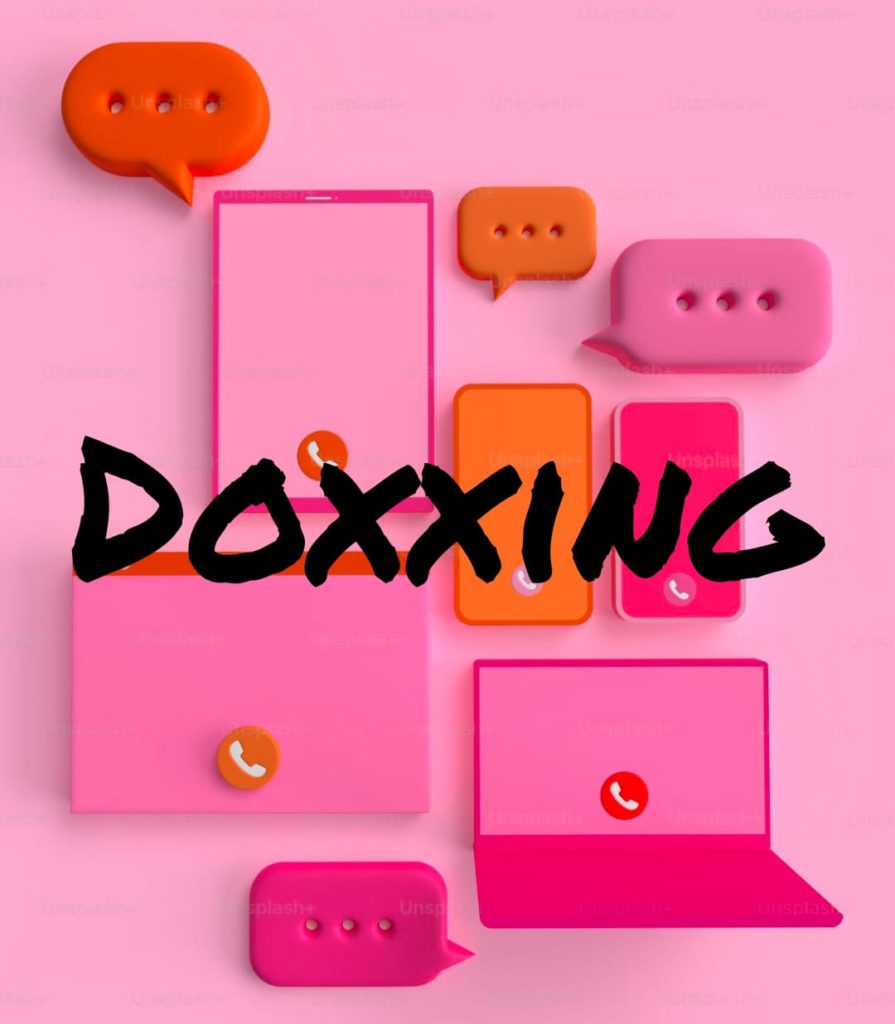Doxxing is a term derived from a negative act. While the word might not seem related to the meaning of the term, it is derived from a word that relates to the act. Doxxing is the act of revealing personal information about a person online and exposing a person without his/her consent. This is usually considered as invasion of privacy but there are no direct laws concerned with doxxing.
People who reveal anyone’s personal information online are called doxxers. doxxing can also be a product of hacking. Hackers can hack someone’s system and publicly upload their personal information making it a real threat to people online. Doxxing is a very negative part of using social media.

For example, “He was doxxing my personal information on a fake account. I had to report it multiple times to get rid of it.” Here the person is telling how their personal information was misused and posted online on a fake account. When cases of doxxing are reported, they are carried out based on what information has been posted and how it affects an individual.
Usually doxxing can include information like personal address, phone number, age, full name and other personal details of a person that is not known to everyone online. This information when posted online without the consent of the concerned person can cause a lot of problems. Doxxers also show behaviour like stalking, online shaming and extortion. These things are not normal and should never be encouraged online.
Some examples are –
- “Doxxing should not be practiced as it can lead to multiple unwanted consequences.”
- “Doxxers need to understand that doxing can mentally affect people online.”
- “Most of the times doxxers are people who we actually know.”
- “If solid grounds are found during a case, doxxing can be punishable.”
- “Social media platforms are constantly changing privacy policies to avoid doxxing.”








